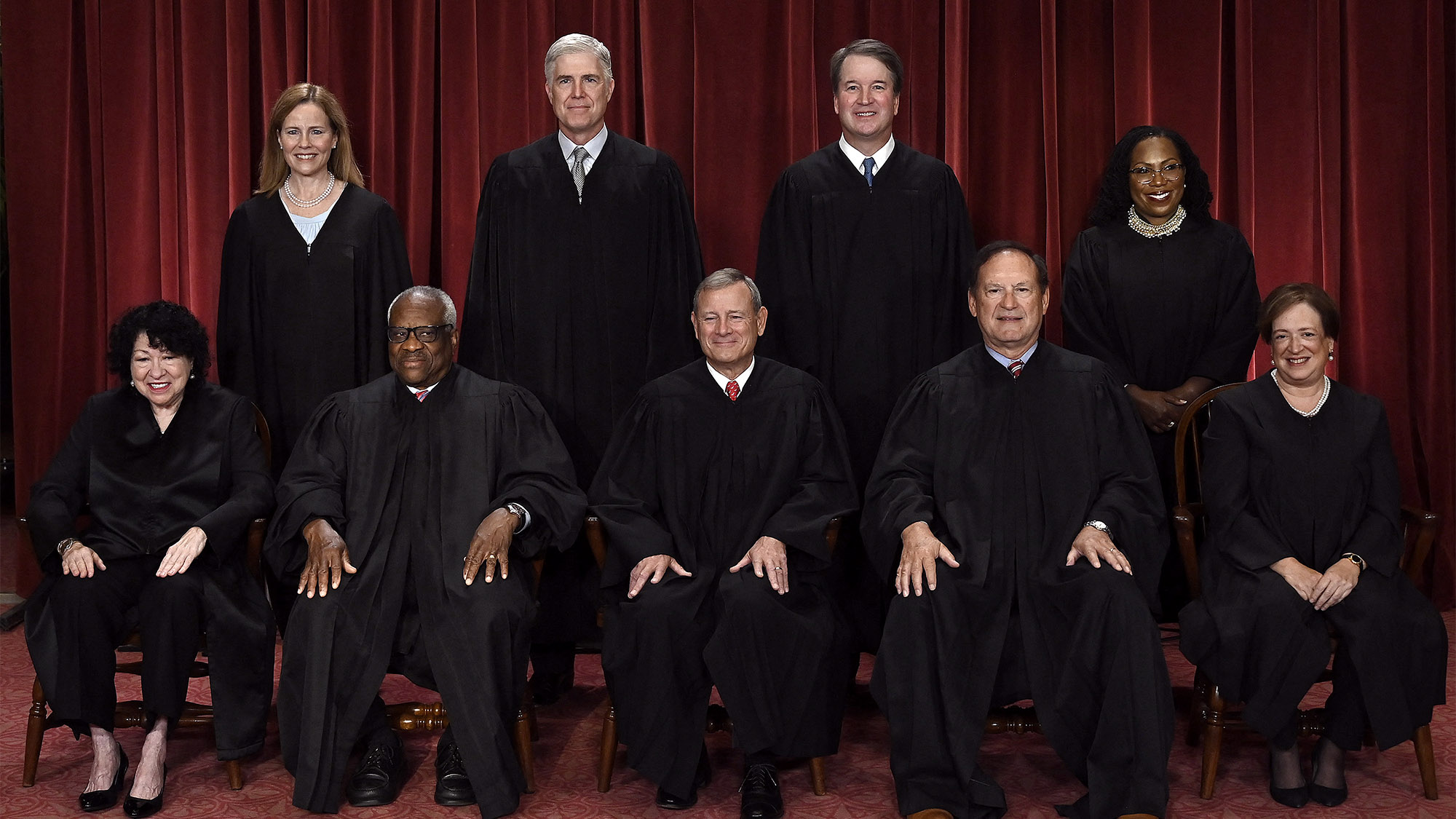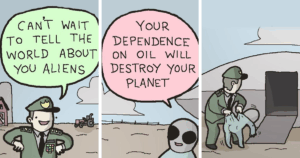“Unlocking the Secrets: The Surprising Answers to Your Most Embarrassing Questions Revealed!”
Do Donated Organs Age According To The Donor´s Age Or Do They Adapt To The Age Of The New Body?

Basically, the answer is that the donated organs do not adapt to the age of the new body. Reddit user u/ItsGetDaved answered,
“Once inside the recipient, the donated organ will be under constant attack from the recipient’s immune system, which will prematurely age the organ. Because of this, transplant recipients take immunosuppressive drugs to reduce the amount of damage their own immune system will do to the new organ. It’s a balancing act between suppressing the immune system enough to stave off rejection of the new organ (which is almost always inevitable) and having enough of an immune system to fight off basic infections. This is why it can be difficult to find a match when looking for an organ. The closer the new organ is to the recipients own genetic markers the better.”
Apparently, The Smell Of Freshly Mowed Grass Is Actually Chemicals That Grass Releases To Warn Other Grass Of The Oncoming Danger. Why Would This Be A Thing Since There’s Literally Nothing Grass Can Do To Avoid The Oncoming Danger?

“They aren’t warning other grass. The chemicals being released do a couple things. They help heal the grass, and help seal the grass so that it’s a bit more resistant to dmg (doesn’t do much against a steel blade, but helps against a caterpillar).
And it can help to call certain bugs that feed on the bugs that feed on the grass. Some grasses will also release certain chemicals that make their leaves taste awful to bugs. Some grasses can also concentrate nutrients into their roots to better rebuild.” —u/cardboard-cutout












